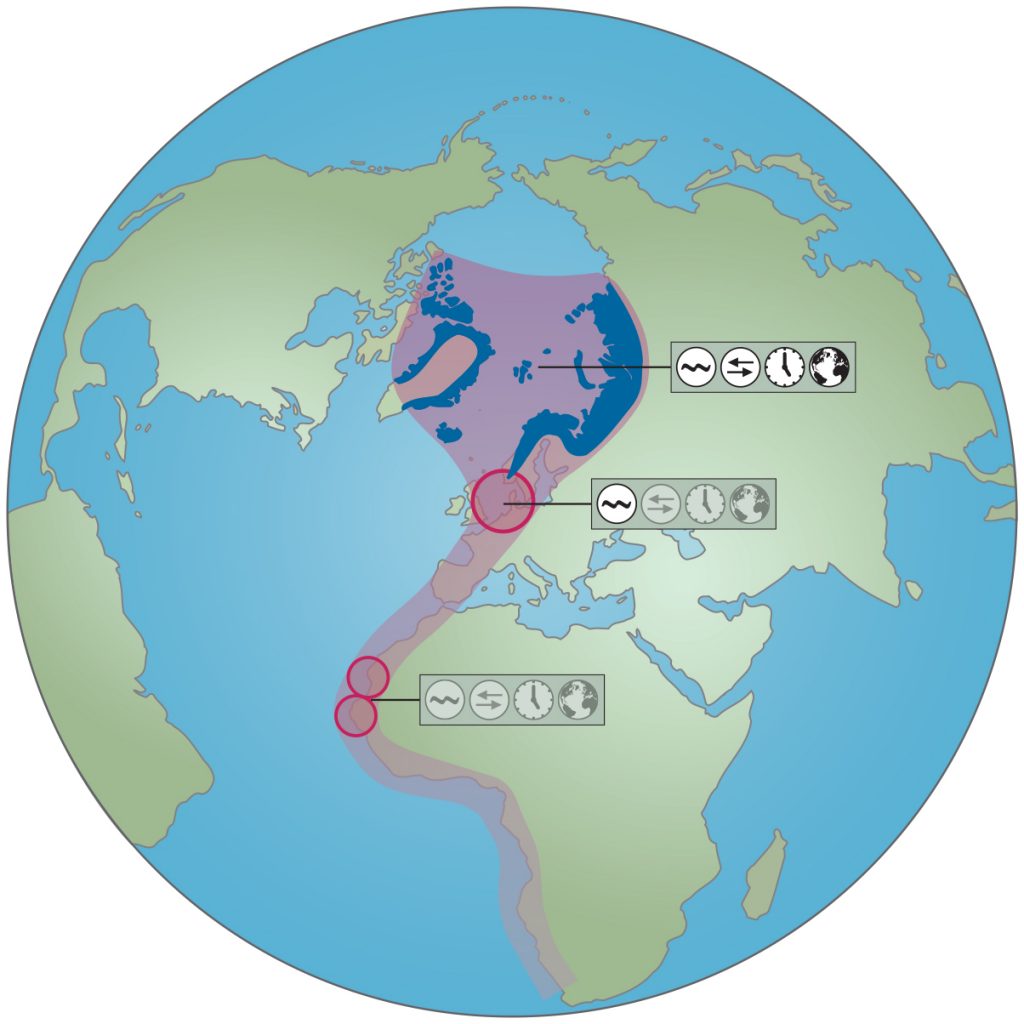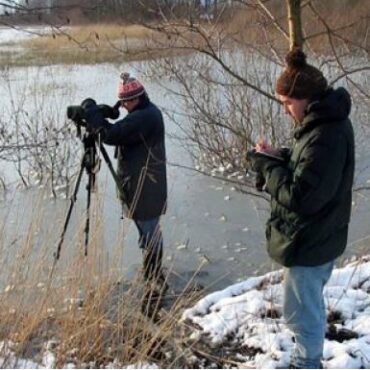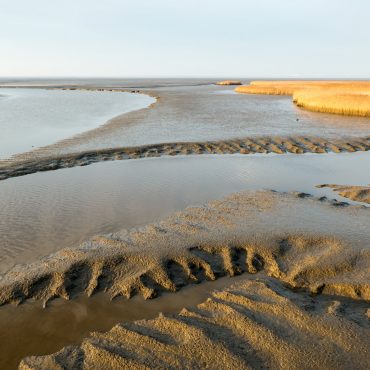There are clear indications that the climate, both in the Netherlands and elsewhere, is changing faster than was generally thought only a few years ago. The Programme for a Healthy Wadden Sea (PRW) has commissioned the Wadden Academy to identify the consequences of this development for birds on the East-Atlantic migratory route, based on an analysis of existing scientific data. The report, The effects of climate change on birds in the Wadden Sea region, compiled by expert Jeroen Reneerkens, presents the findings and conclusions of the study. The facts show that there is cause for concern. While climate change tends to be seen as a problem for the future, it is clear that it is already posing significant threats to migratory birds today.
Significant influence
Based on an assessment of the existing scientific literature on this subject, in his report Reneerkens describes the potential effects of climate change on migratory and breeding birds that depend on the Wadden Sea. Climate change has a significant influence on the habitats of birds along their entire migratory route. Reneerkens: ‘Conditions in the breeding grounds of wading birds around the Arctic circle are already changing rapidly, as those areas are warming even faster than the Netherlands. If global temperatures rise by an average of 2°C, temperatures in the Arctic could rise by 4°C. Shellfish in the Wadden Sea, which are a crucial food source for birds, can die on a massive scale during heatwaves. We should expect to see problems like these already in the near future. In addition, in the longer term the accelerated rise of sea levels may cause permanent flooding of tidal flats, so that birds can no longer use them as foraging grounds. And nests on the salt marshes will be more likely to be swept away during spring storms.’

The Wadden Sea is on a crossroads of migratory routes for birds, connecting the Arctic with the coasts of Europe and Africa. Compared with the Arctic, the Wadden Sea is a region about which relatively little is known (bold) as far as the effects of climate change on birds are concerned. Examples of such effects include the decline of suitable habitats (waves), changing ecological interactions (arrows), phenological changes (clock) and changes in distribution patterns (globe).
Cumulative effects
Combined, these climatological changes will have cumulative effects that are difficult to quantify at this stage. Reneerkens: ‘The signs are that the chances of survival and reproductive success of migratory birds will decline even more sharply than the rates currently known, based on individual studies. There is no way we can stop climate change. What we can do, however, is increase the resilience of birds in coping with the effects of climate change by improving our management of the Wadden Sea. After all, healthier birds that are less impacted by all sorts of human and non-human pressures will be better able to adapt to changing circumstances.’
Joining forces to develop a set of measures
It is crucial to alleviate the consequences of climate change for birds in the Wadden Sea region, particularly by preserving and, where possible, expanding the areas where birds can forage and rest. To that end, the PRW has launched an initiative to develop a set of measures in 2020 aimed to achieve just that, in collaboration with nature management bodies and public authorities in the Wadden Sea region.
Creating the best possible conditions
Jonna van Ulzen of the PRW: ‘We can’t undo all the impacts of climate change along the migratory routes of birds. But as parties responsible for protecting the ecosystem of the Wadden Sea and the many thousands of birds that winter here or use the area as a stop to forage and rest during migration, we do have the possibility to create the best possible conditions for them. The Wadden Sea already is an essential stop on their migratory routes. So if conditions improve here, that will not only benefit local birds but will also help them adapt to the changing climate in other sections of those routes. To achieve that, we will have to join forces with all management bodies and users of the Wadden Sea region.’
More research required
In addition, more research is required to increase our understanding of how climate change is impacting migratory birds and their environment, and identify possible strategies to counter those effects. There is no coherent research programme at present into the effects of climate change on the ecological values of the Wadden Sea, and that includes the effects on migratory birds. Setting up a programme like that is a matter of urgency.
For more information, please contact:
- Jonna van Ulzen, PRW, E jonna.vanulzen@vogelbescherming.nl T 06 52 75 21 33
- Jeroen Reneerkens, E reneerkens@nioz.nl T 06 86 69 35 74



